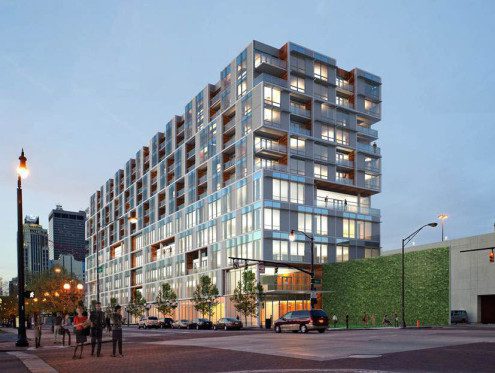Speak With Your Homeowners Association Before Beginning Any Remodeling
Many homeowners mistakenly believe that they have the freedom to remodel their property as they see fit. Unfortunately, you don’t have as much flexibility as you may think. Most homeowners are under the jurisdiction of a homeowners association, which means that they will need to check their bylaws and are usually required to receive permission before doing any remodeling.
The Importance of Consulting Your Homeowners Association Before Remodeling
Homeowners associations typically require members to receive prior approval before beginning any remodeling or new construction. They may be forced to pay a fee if the policies are violated.
typically require members to receive prior approval before beginning any remodeling or new construction. They may be forced to pay a fee if the policies are violated.
Homeowners associations are often very strict about enforcing their policies. In 2009, a homeowner tried to have a lot of electrical, plumbing and cabinetry work done without seeking approval from the homeowners association. According to statements from the Ohio 8th District Court of Appeals, the homeowner didn’t try to receive the necessary permits before starting any work.
The association made repeated efforts to contact him and resolve the issue, but the homeowner wasn’t compliant. They were eventually left with no alterative except to take the member to court. The homeowner was forced to pay over $18,000 to cover the legal fees of the homeowners association after the judge ruled in their favor.
Always Check With Your Homeowners Association Before Remodeling
Policies can vary among homeowners associations, so you will need to read the policies before applying for a permit. Some homeowners associations work directly with their members, while others use a third party company to oversee their policies. You will need to speak with someone for further details if you have any questions.
What should you expect when applying for a construction permit from your homeowners association? It will depend on the management, because some organizations are more flexible than others. However, here are some of the things that you may need to be prepared for:
- Many homeowners associations have material and color requirements that property owners must abide by.
- You don’t typically need to outline your plans in as much detail for smaller remodeling projects that don’t require any major construction or electrical work. However, other projects will usually require architectural plans and contractor agreements before work can begin.
- You will be required to adhere to a number of rules to ensure the contractors don’t create any inconvenience or safety concerns for other residents.
Some homeowners associations can be annoying to deal with, while others are much more tolerant. However, it will always be much easier to made accommodations ahead of time rather than risk the consequences of working without approval.











